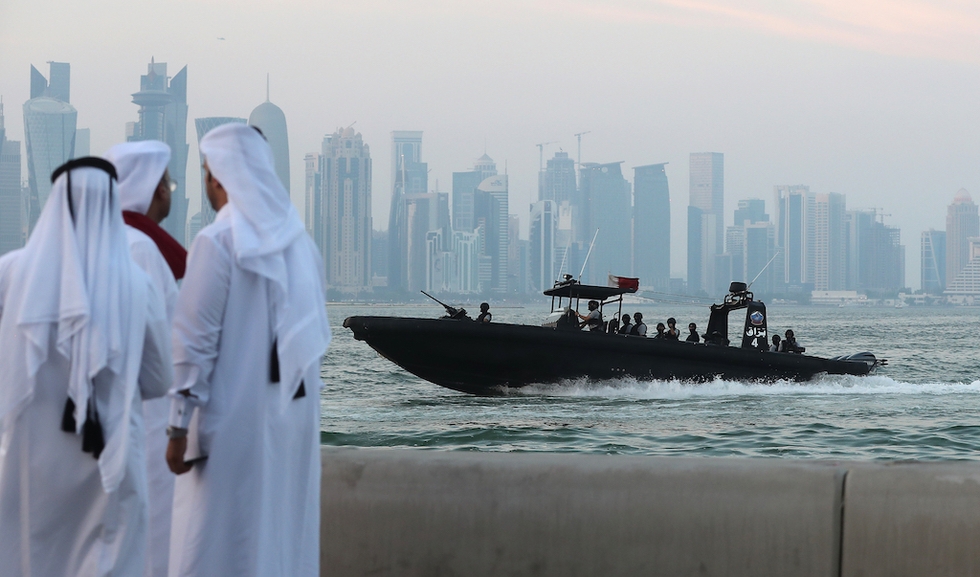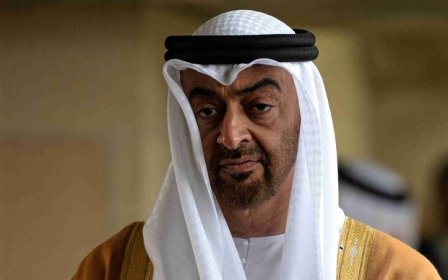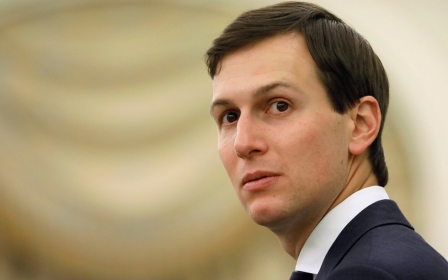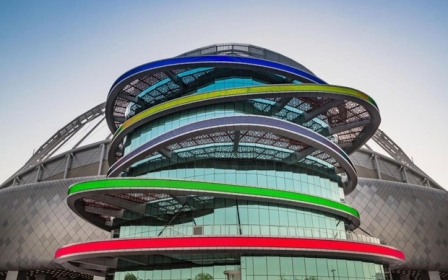Blockade impact on Qatar fading but risks remain: IMF

The economic and financial impact on Qatar of a nine-month Saudi-led blockade is fading, but some risks for the Gulf emirate remain, the International Monetary Fund has said.
Saudi Arabia, the United Arab Emirates, Bahrain and Egypt cut all diplomatic and trade ties with Qatar last June, closing its only land border and banning all flights to and from the emirate.
In a report released late Monday, the IMF said the effect of the blockade on economic activity in Qatar had been "transitory" as new trade routes were quickly established and growth remained positive.
Foreign financing and resident private sector deposits had fallen by $40bn but that had been offset by cash injections by the central bank and the Qatar Investment Authority - the emirate's sovereign wealth fund, it said.
Like other Gulf energy producers, Qatar has been hit by the slump in world oil and gas prices which has forced it to introduce austerity measures to balance its books.
A combination of the austerity measures and the blockade saw non-hydrocarbon growth fall to 4.0 percent in 2017 from 5.6 percent the previous year, the IMF said.
At 2.1 percent gross domestic product growth in 2017 was only slightly down on the 2.2 percent registered in 2016.
The budget deficit narrowed to 6.0 percent of GDP compared with 9.2 percent in 2016.
Although Qatar's economy and banking and financial systems remain sound, there are still some risks, the IMF said.
"The main risks relate to the possibility of lower hydrocarbon prices, the implementation of planned fiscal measures and uncertainty associated with the lingering impact of the diplomatic rift."
An escalation of the rift with Saudi Arabia and its allies could adversely affect external funding and growth, the IMF warned, adding that the banking system had to adjust to a new funding model.
Saudi's Crown Prince Mohammed Bin Salman is set to travel to America this week, where the US is likely to push for a de-escalation of the stand-off with Qatar, a senior US official told Reuters.
New MEE newsletter: Jerusalem Dispatch
Sign up to get the latest insights and analysis on Israel-Palestine, alongside Turkey Unpacked and other MEE newsletters
Middle East Eye delivers independent and unrivalled coverage and analysis of the Middle East, North Africa and beyond. To learn more about republishing this content and the associated fees, please fill out this form. More about MEE can be found here.




